You may have heard or seen that we recently went through the process of dual registering the goats in our herd. We have been asked privately to explain why we made that decision and would like to take some time to make this information available to anyone who would like an explanation.
We began raising registered kikos in 2011. For those new to kikos, that year doesn’t hold much meaning. If you have been involved for awhile, you know that was the year the National Kiko Registry (NKR) came into existence. We knew NOTHING about the history of the registration groups, and did not care. We set out to buy good goats. We took our search to the internet, grabbed our check book, checked the air in the tires and hit the road. By total chance we ended up at two farms who were registering their goats with the NKR. The first registration papers that found their way to our mailbox were from NKR. We bred goats and registered with NKR. As time went by, we realized that there were DNA sharing issues between NKR and the American Kiko Goat Association. We continued with the registry that has been serving our needs. And we made friends, we bought and raised good goats and had excellent opportunities for which we are thankful.
We began raising registered kikos in 2011. For those new to kikos, that year doesn’t hold much meaning. If you have been involved for awhile, you know that was the year the National Kiko Registry (NKR) came into existence. We knew NOTHING about the history of the registration groups, and did not care. We set out to buy good goats. We took our search to the internet, grabbed our check book, checked the air in the tires and hit the road. By total chance we ended up at two farms who were registering their goats with the NKR. The first registration papers that found their way to our mailbox were from NKR. We bred goats and registered with NKR. As time went by, we realized that there were DNA sharing issues between NKR and the American Kiko Goat Association. We continued with the registry that has been serving our needs. And we made friends, we bought and raised good goats and had excellent opportunities for which we are thankful.
| Fast-forward to the final week of 2018. The AKGA and the NKR have reached an agreement to share DNA. To keep this relatively short, I will skip the intricate details of previous retesting, sire verified, grandsires and granddams and various rules that apply. Having been strong supporters of the NKR for years we were faced with a choice, to dual register or not? It was time for the ledger pad and the column headings PROS and CONS. After a few days the list was short on both sides and we realized the only true “con” was the extra cost of getting the extra certificate. | In the fall of 2019, to celebrate the ongoing agreement between the registries, the AKGA announces from October to December 31, 2019, all animals that qualify for dual registration would receive FREE AKGA certificates. There went my only reservation. So let’s focus on WHY we now have two registration certificates on our goats. |
Being Helpful to Others
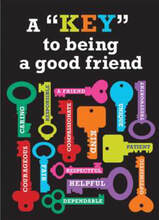
With free registration certificates, a trend to dual register goats began in earnest. We received requests from friends with goats that originated from our farm and those goats had NKR registration certificates. They asked if we were planning on dual registering our girls and herd sires so they would have the option to do the same (I promised not to get into the details, but I will add that all four grandparents are required to be in the AKGA database for eligibility on 100% NZ. Adding our goats was the link needed for others to proceed). When an opportunity to help a fellow breeder comes along, and it doesn’t cost you anything but a little time, take the opportunity!! If it’s in your ability to be a help to someone, be a help. It’s not making a political statement, it’s not choosing sides, it is simply being thoughtful and considerate to the needs of others.
It's A Piece of Paper
The different registries are not raising different classes of Kiko goats. Both registries certify you have a Kiko goat. Goats in both registries track their lineages back to the original imports. The differences between the registries are in their setup. One is a for-profit registry service and the other is a non-profit association. They both utilize the same DNA testing facility and both register 100% NZ, Purebred and Percentage Kiko goats. The only time the registration certificate is an issue, is if you are consigning a goat to a sale that is being sponsored or supported exclusively by one registry.
Costs
Now that the window of time to receive free AKGA certificates on eligible goats has passed, what’s next? According to the AKGA registration form, it will cost $8 to dual register your qualifying Kiko. I think it is worth noting that $8 is not that large of an additional expense on the price paid for a registered goat. On the other hand, if you have an AKGA registered goat and would like an NKR certificate also, at the time I am writing this, the cost is $12. Again, this amount is not a large expenditure for an individual goat.
What about the costs going forward? You now have goats that are either NKR registered or AKGA registered and you would like to have their offspring certified with both registries or with a single registry. What are your expenses?
What about the costs going forward? You now have goats that are either NKR registered or AKGA registered and you would like to have their offspring certified with both registries or with a single registry. What are your expenses?
Registration without dual certificates
The AKGA currently charges $8 for registration, $32 for the DNA test, and depending on time of transfer (with application or later) $5 or $8 to transfer, for a total of $45 or $48.
The NKR currently charges $12 for registration, $35 for the DNA test, and $10 for the transfer, for a total of $57.
The NKR currently charges $12 for registration, $35 for the DNA test, and $10 for the transfer, for a total of $57.
Dual Registration
Goats registered with the AKGA and then dual registration with NKR:
The AKGA charges $40 for the registration and NKR will charge $12 for a total cost of $52 per goat.
Goats registered with the NKR and then dual registered with AKGA:
The NKR currently charges $47 for the registration and AKGA charges $8 for a total cost of $55 per goat.
It is also worth noting that when you sell a goat that has been dual registered, it will cost $20 to provide the new owner with both certificates, or you can transfer one certificate if the new owner does not want or need the other registration. A review of the costs of registrations would not be complete without mentioning the cost of membership fees and client fees. Currently the NKR charges a $25 client fee. The AKGA charges $50 annually for a membership fee.
The AKGA charges $40 for the registration and NKR will charge $12 for a total cost of $52 per goat.
Goats registered with the NKR and then dual registered with AKGA:
The NKR currently charges $47 for the registration and AKGA charges $8 for a total cost of $55 per goat.
It is also worth noting that when you sell a goat that has been dual registered, it will cost $20 to provide the new owner with both certificates, or you can transfer one certificate if the new owner does not want or need the other registration. A review of the costs of registrations would not be complete without mentioning the cost of membership fees and client fees. Currently the NKR charges a $25 client fee. The AKGA charges $50 annually for a membership fee.
What do the AKGA and NKR provide for its members/clients?
Lots more than I can remember to list!! Both registries provide registration certificates. Both registries provide sales opportunities by sponsoring an annual sale. Each sale includes free educational opportunities to new and seasoned breeders alike. Both offer an online pedigree search to give breeders and buyers information about goats in their registry and their offspring. Each registry service provides advertising opportunities. And both registries publish a breeder’s directory to help identify the breeder's locations.
The Benefits of Competition
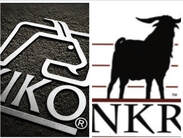
Finally, as individual breeders, I truly believe that we are better served when there are two separate registries willing to serve their members/clients. Competition between breeds makes us strive to produce and improve the traits that make our breed of choice stand apart from other meat goats. Competition between breeders keeps our farms producing bigger and better goats. Competition between registries makes sure that both organizations are focused on the needs of the breeder.
If you have questions about the registries, about registering your goats, or would like to know more about raising registered breeding stock, please do not hesitate to call or text us at 615 388-3774 or send an email to [email protected]
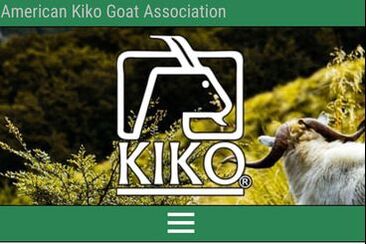
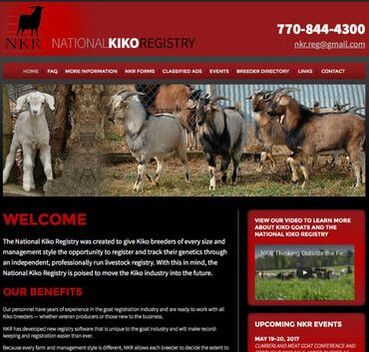
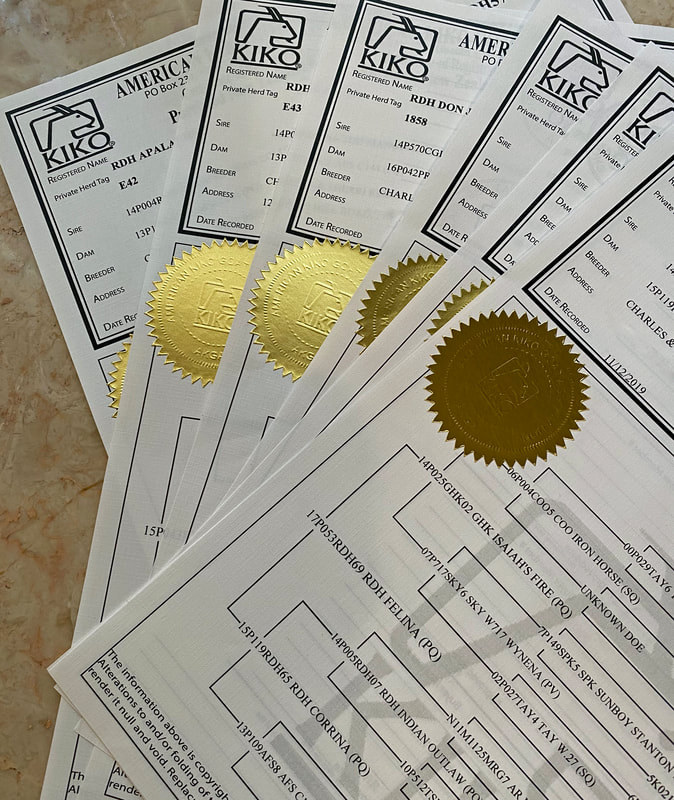
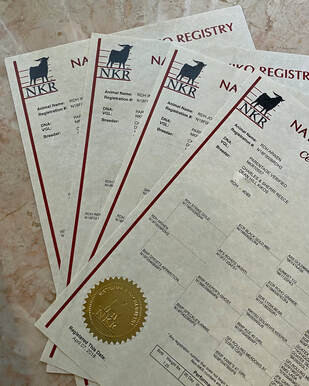
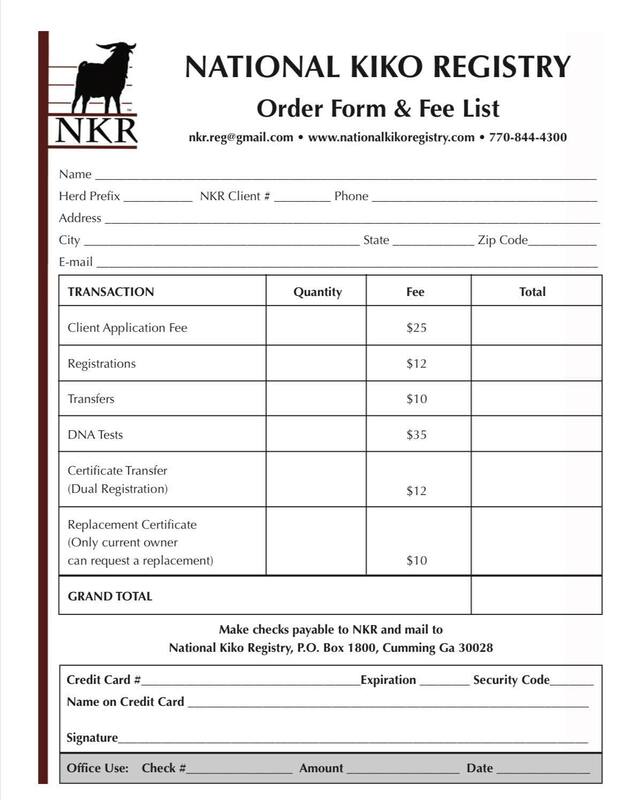
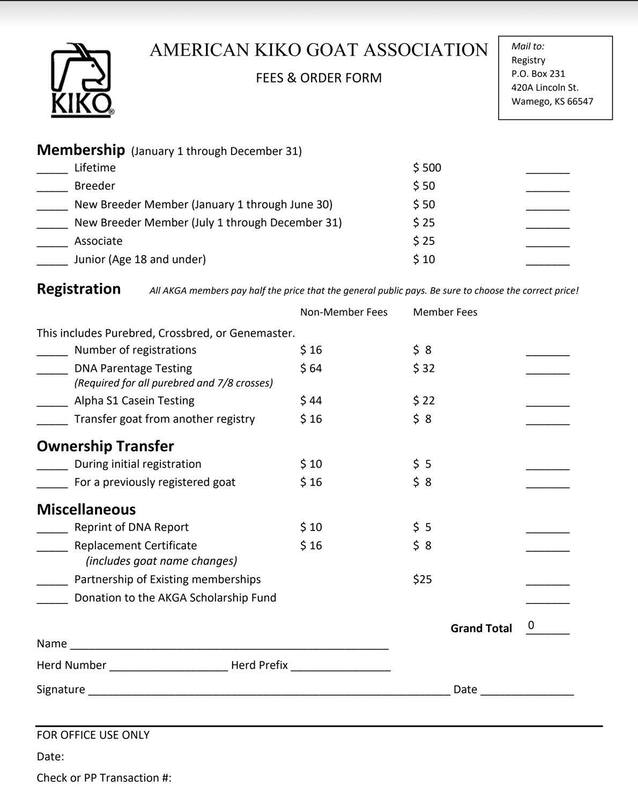
 RSS Feed
RSS Feed
